SDG #4 is to “Ensure inclusive and equitable quality education and promote lifelong learning opportunities for all.”
Within SDG #4 are 10 targets, of which we here focus on Target 4.4:
By 2030, substantially increase the number of youth and adults who have relevant skills, including technical and vocational skills, for employment, decent jobs and entrepreneurship
Target 4.4 has one indicator:
Indicator 4.4.1: Proportion of youth and adults with information and communications technology (ICT) skills, by type of skill
The mention of ICT’s introduces us to the UN agency specialising in this field, the International Telecommunication Union (ITU).
To measure these skills at the international level, in 2020, the ITU has issued a manual to measure access of individuals and households. This gives us 50 indicators for a variety of ICT skills, grouped into several categories.
An example is being able to receive and send SMS. Another is using VoIP technologies to make voice calls and send messages over broadband internet.
It’s imperative across countries for individuals and households to have access to and use ICT’s. The world must progress toward greater connection. This is a reflection of the value of digital knowledge and the information societies we’ve become. In this way, telecommunication is key to development. The importance of ICT extends beyond the individual and household to education. It also offers opportunities for governments and enterprises, and the infrastructure for this needs to be there to begin with.
